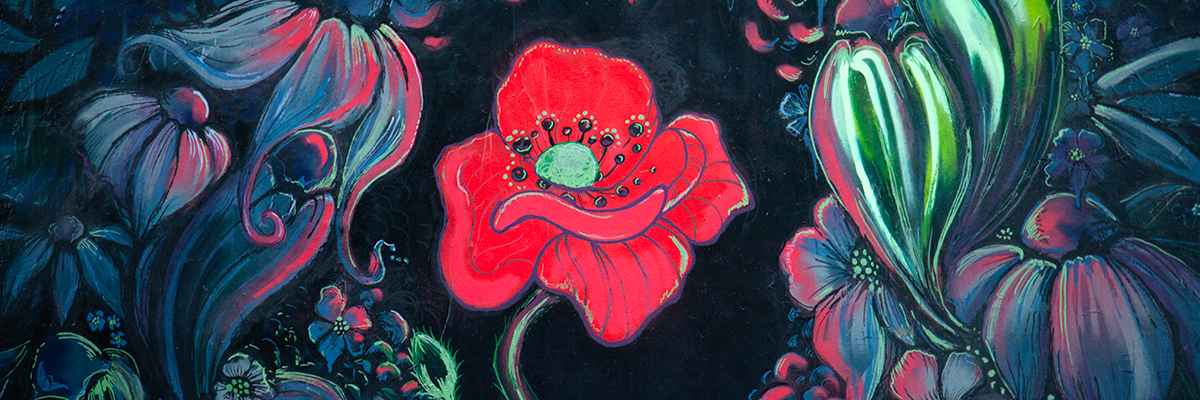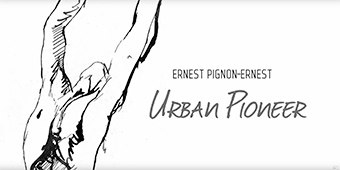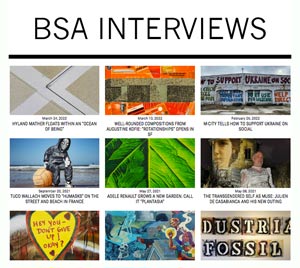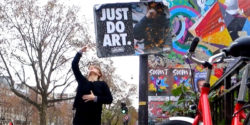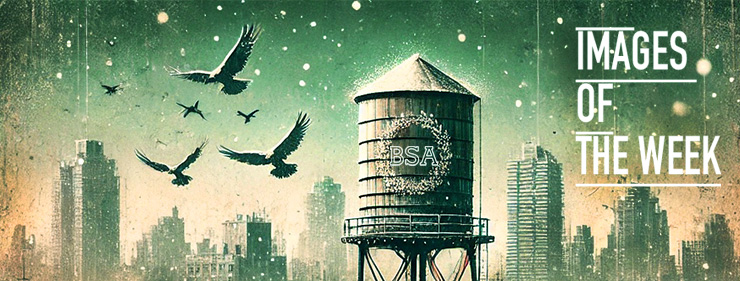
In New York and Miami and across the U.S., stories of legitimate struggles with the healthcare system are a constant backdrop to everyday life. Someone you met can’t afford insurance. Someone else is battling their insurer to approve a critical procedure. Surprise medical bills arrive for your girlfriend without warning. Your coworker avoids the doctor altogether because the costs are prohibitive. Teachers face medical bankruptcy, parents delay surgeries, and families turn to GoFundMe campaigns to defray crippling medical costs not covered. Meanwhile, seniors ration medication, cutting pills in half to make them last. It’s a system where multi-billion-dollar corporations, shielded by their (paid) influence over government, operate with impunity, leaving the sick ill-equipped to challenge them.
This backdrop of frustration likely fueled the sharp sarcasm and bitterness that erupted in conversations on social media and on the street after the UnitedHealthcare CEO was shot and killed on a Manhattan sidewalk this week. A young man in a hoodie fled the scene on a bicycle. Hundreds, no, thousands of responses on platforms like Twitter included jabs such as, “My empathy is out of network” and “Thoughts and prior authorizations.” UnitedHealthcare’s Facebook page was inundated with thousands of comments mocking the company’s public statement of sorrow. Many appeared to post pictures of family members or rejection notices they received from United Healthcare, their addresses blacked out.
To be clear, ‘denial of care’ is not just a business or policy practice; it is a systematic design rooted in contempt for people. These practices profoundly impact millions of people, possibly you and your family.
Now, five days later, the FBI joined the NYPD search for the suspect, who is believed to have left New York. Yet in laundromats, bars, and online forums, some people quietly invoke phrases like “snitches get stitches,” a colloquialism from hip-hop culture discouraging cooperation with law enforcement.
Critics in the media have rightly denounced the ethics of vigilante justice. At its core, vigilantism threatens to unravel societal order. Yet, so does a society that lets a profit-driven industry determine which sick lives are worth saving. The bitter truth is that for many, the system already feels unraveled.
Miami, we love you. This week was great at Wynwood Walls and Museum of Graffiti, and in the streets of Wynwood. The new STRAAT Catalogue is shipping on Christmas – and our Editor in Chief is one of the authors along with great folks like Carlo McCormick, Christian Omodeo, and Charlotte Pyatt. Most importantly, we cannot tell you how much we enjoyed meeting BSA readers and receiving your feedback and support. There are so many talented, creative, brilliant minds on this trip, and we like meeting each and every one. Don’t be shy! Thank you sincerely.
Shout out to our hosts at MOG Alan Ket and Allison Frieden, to David Roos from STRAAT, and to artists Nina Falkhoff, and HOXXOH.
Here’s our weekly conversation with the street, this week in New York and Miami, featuring: Retna, Adele Renault, Inkie, Werds, Pez, Astro, HOXXOH, Zimer, Kern, 1457 Wave, Juju the Frog, Trek86, Ishmael Book Art, Shey Lunatic, KTAN086, Code-E, and Z. Veiz.
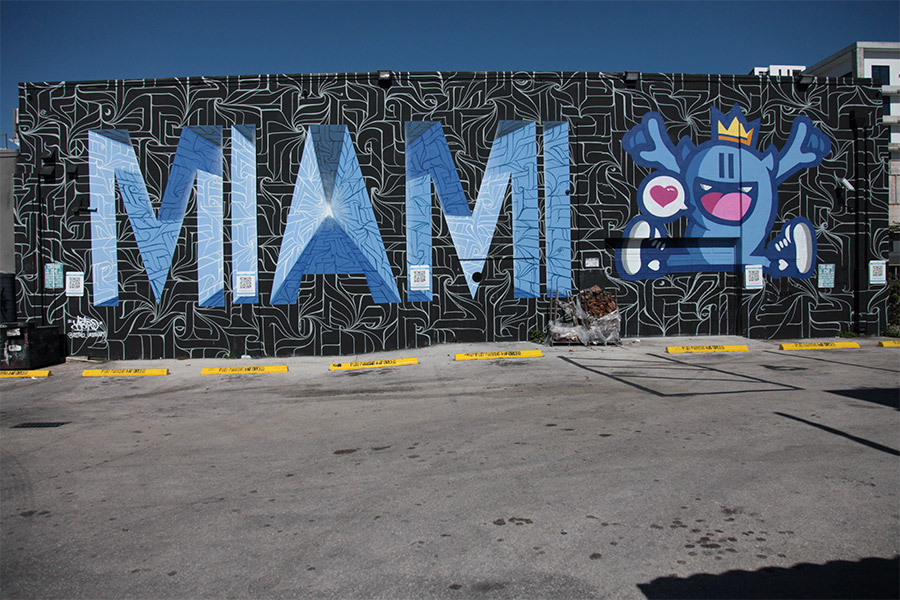
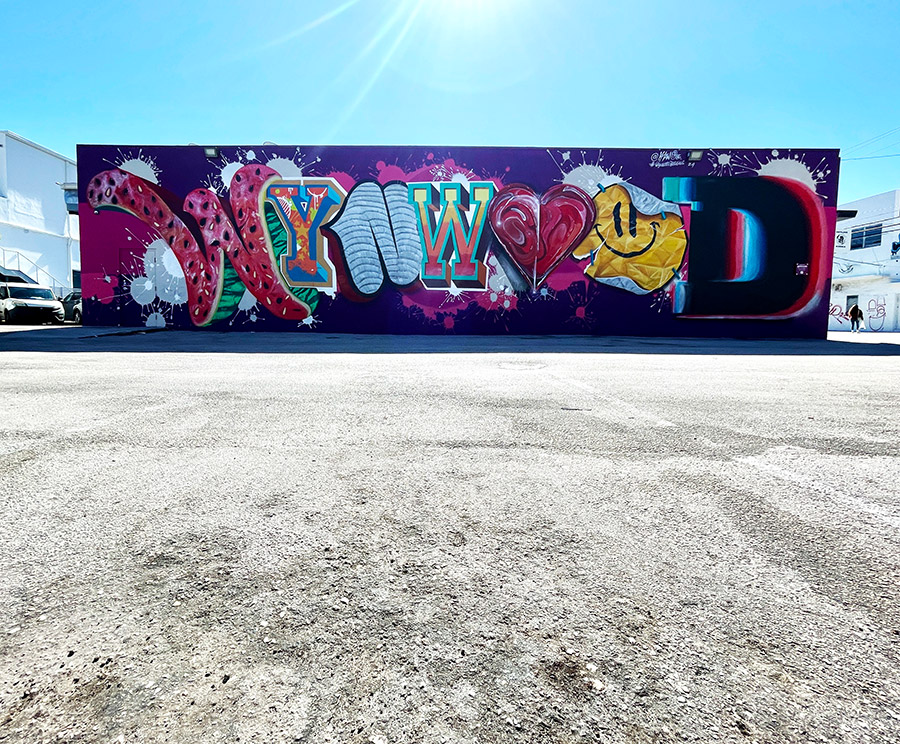

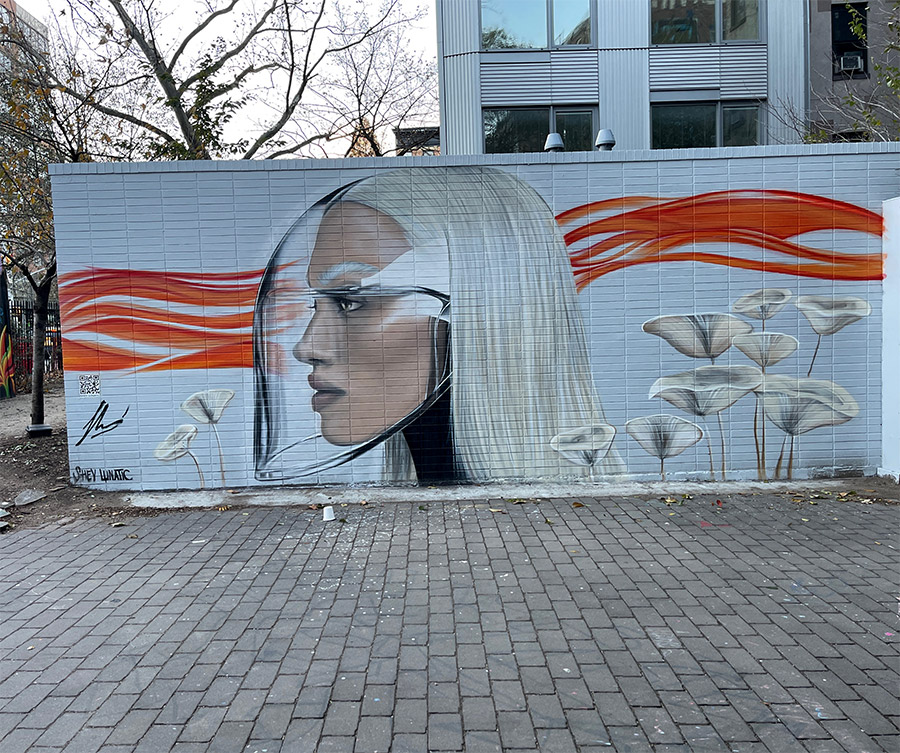
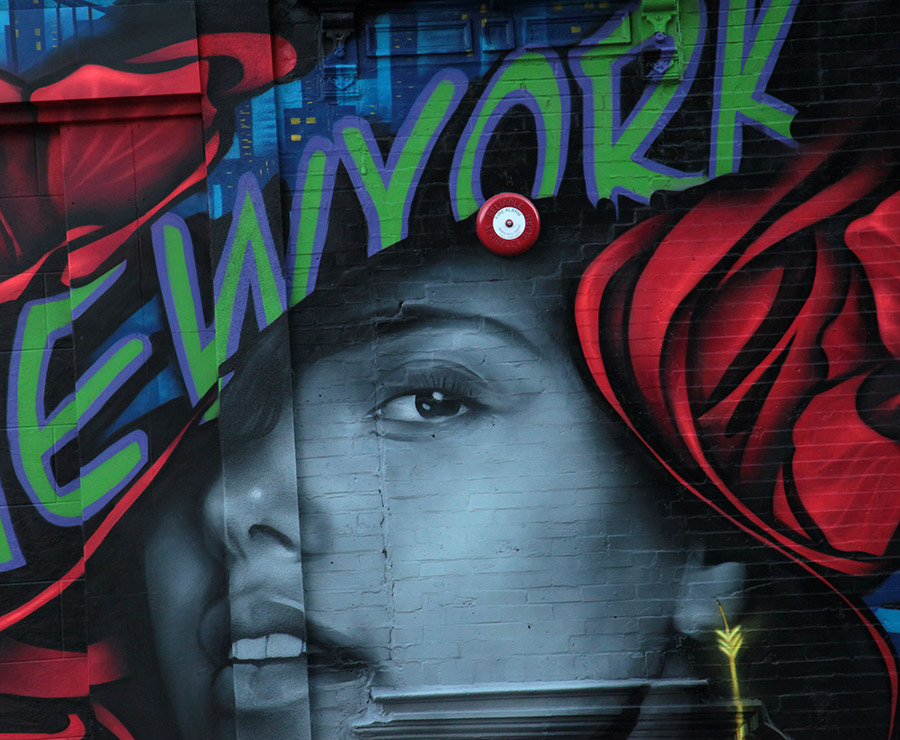
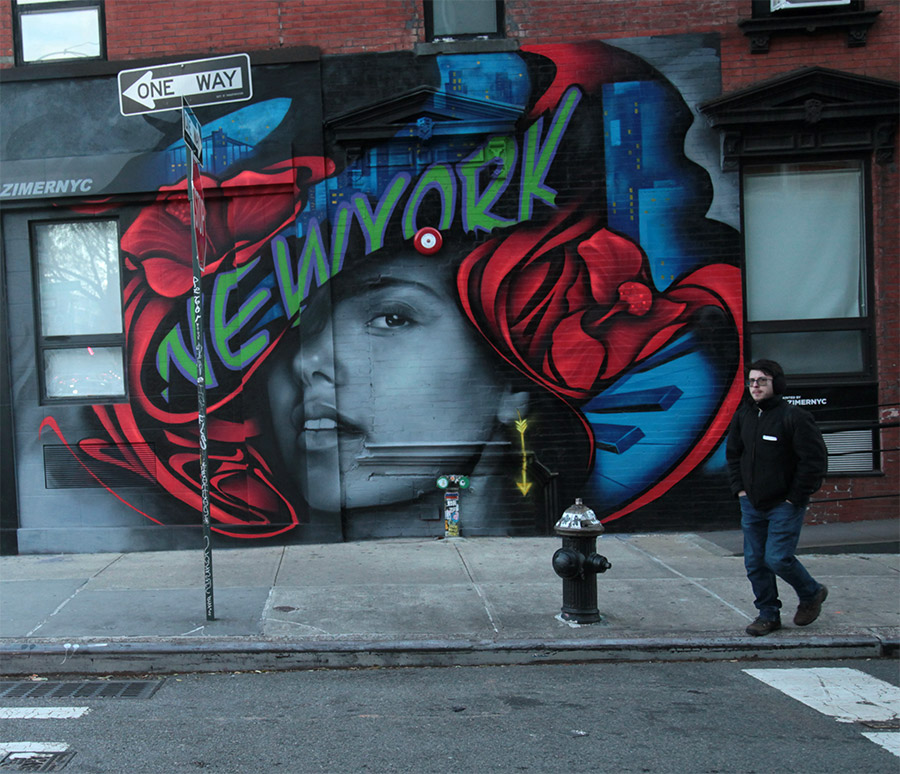
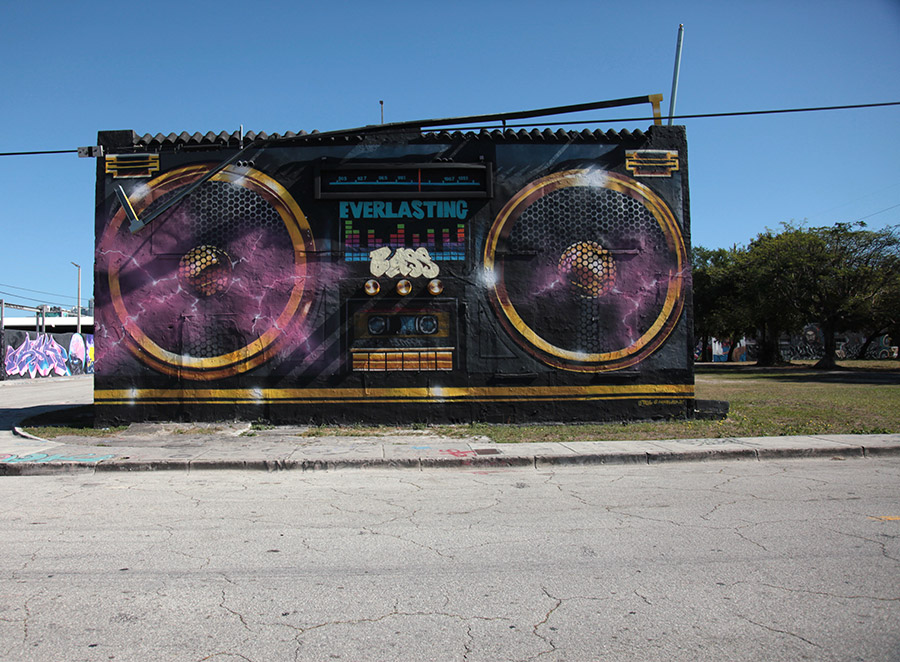
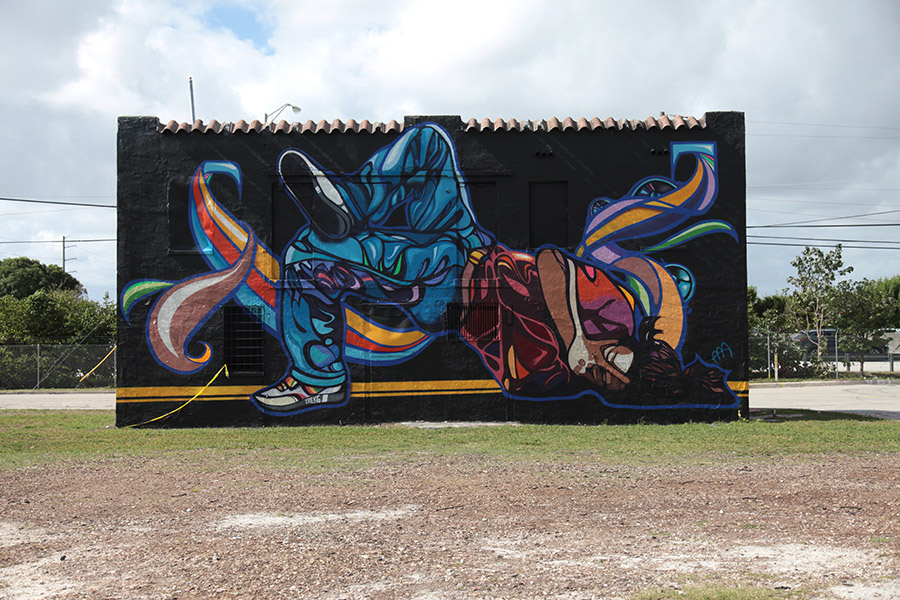
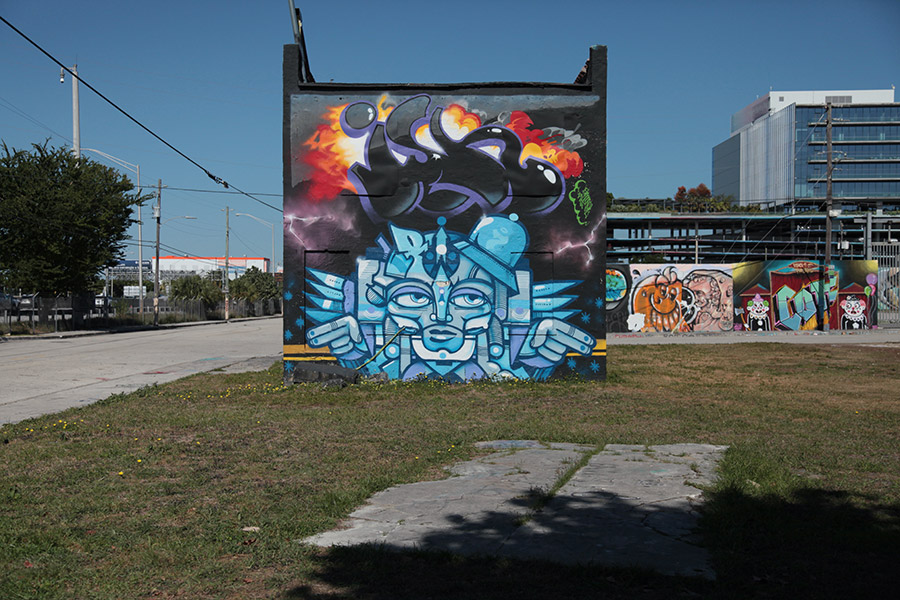
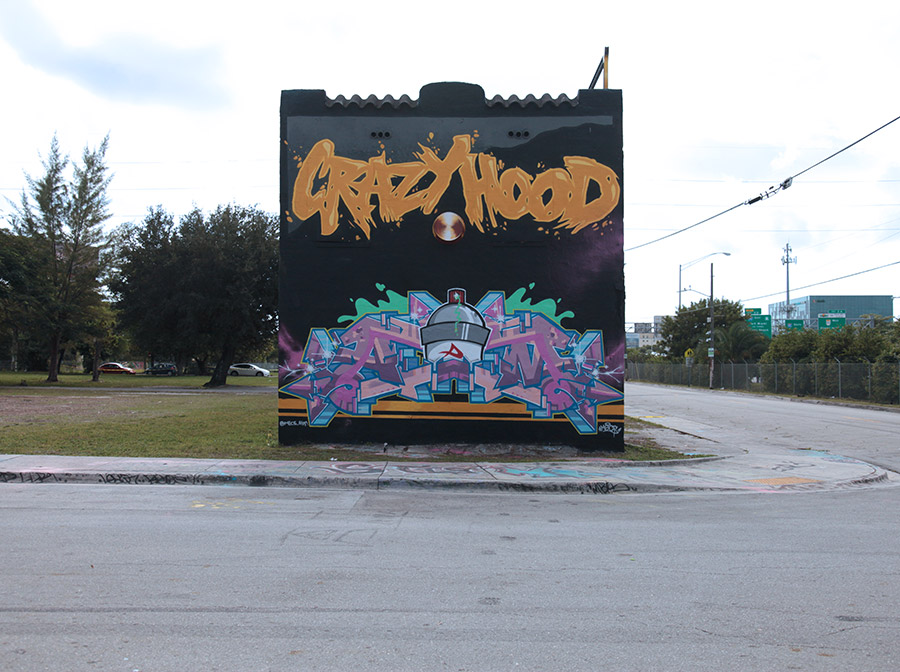
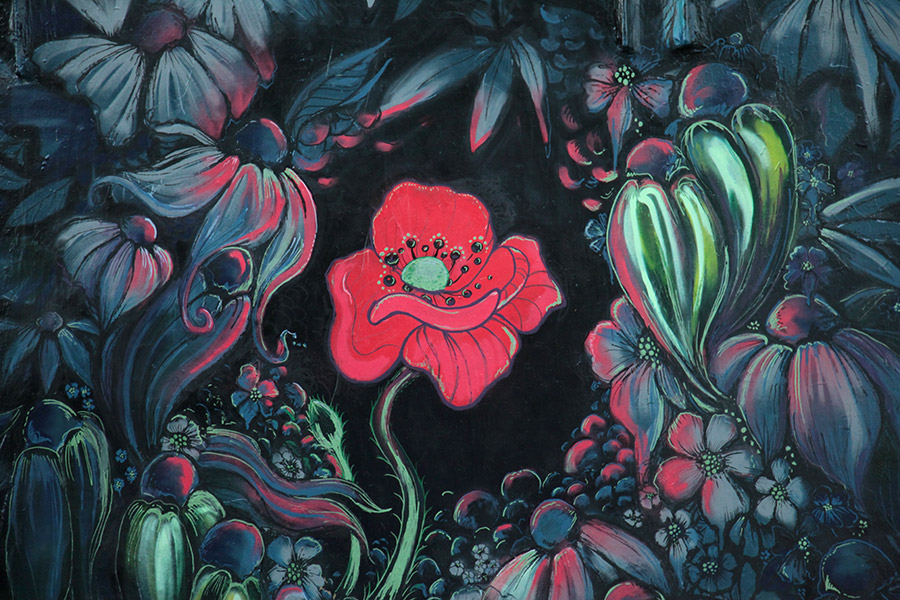
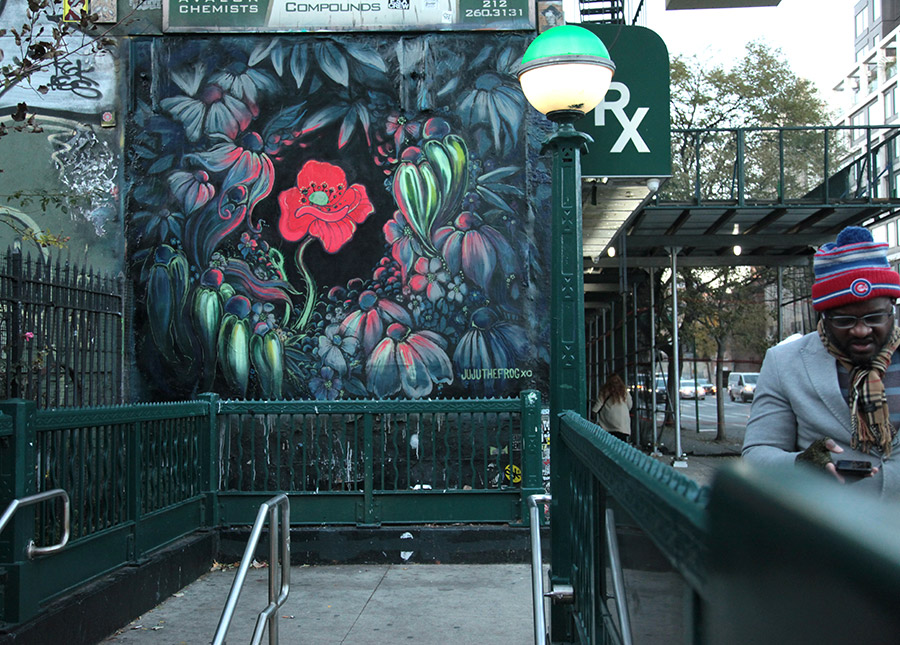
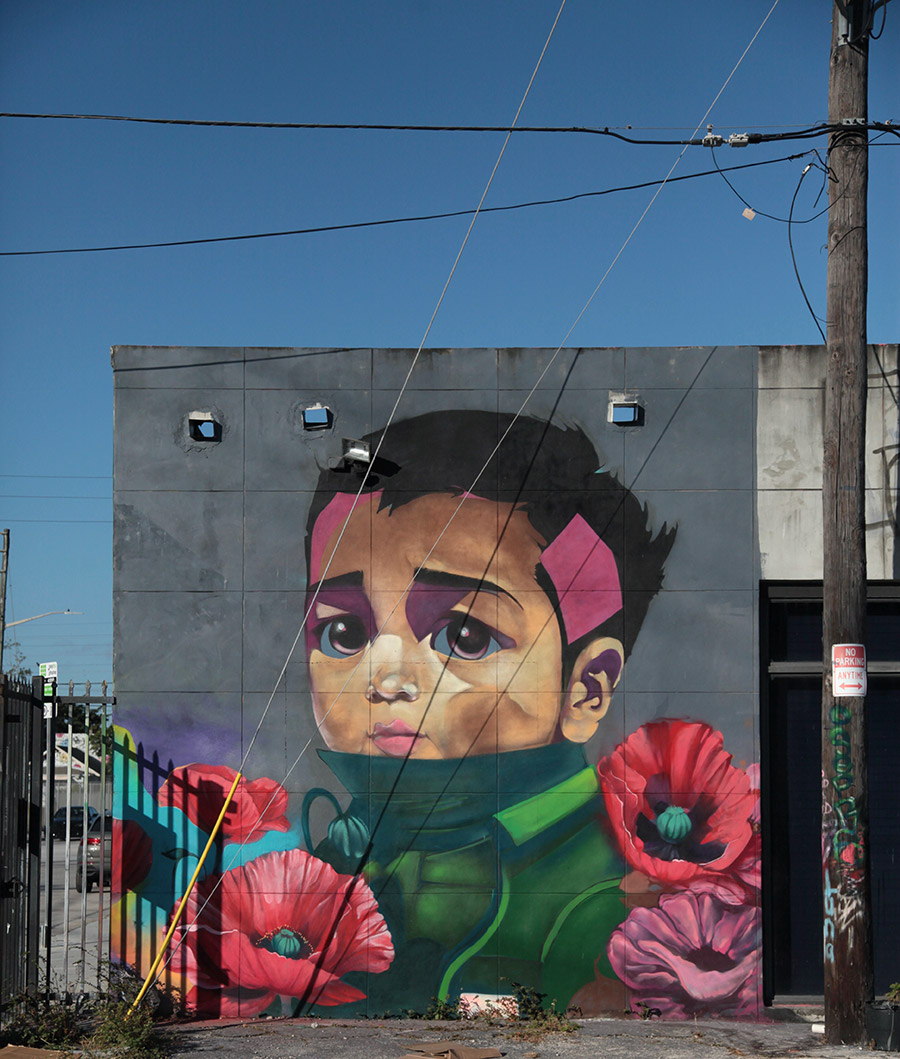
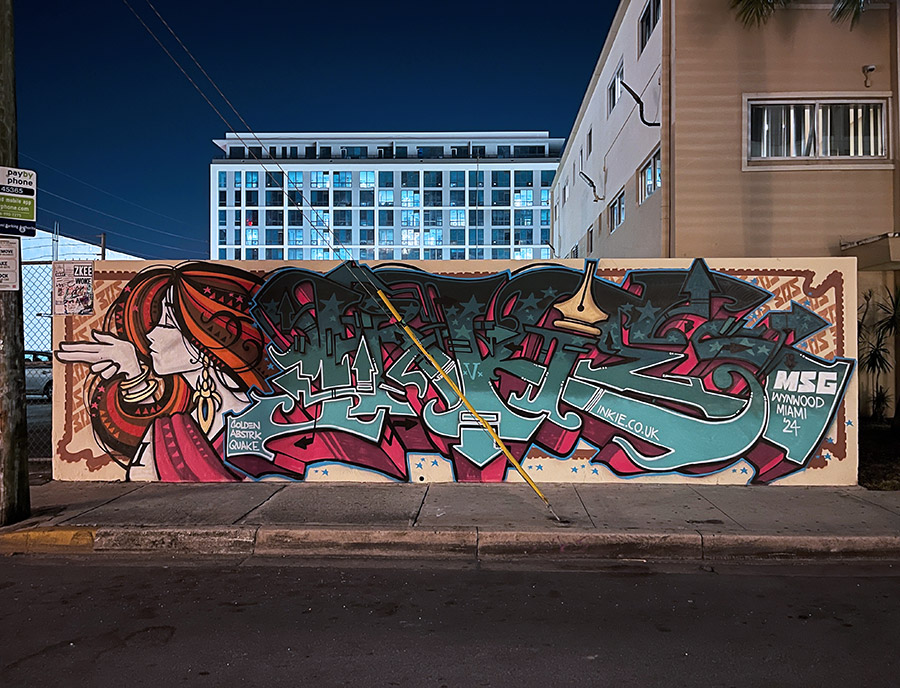
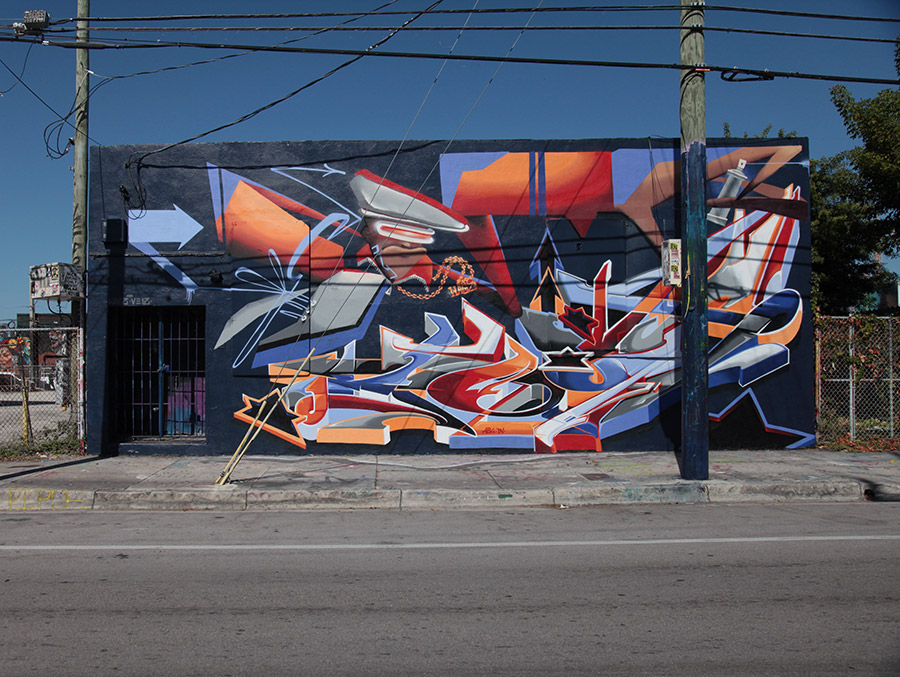

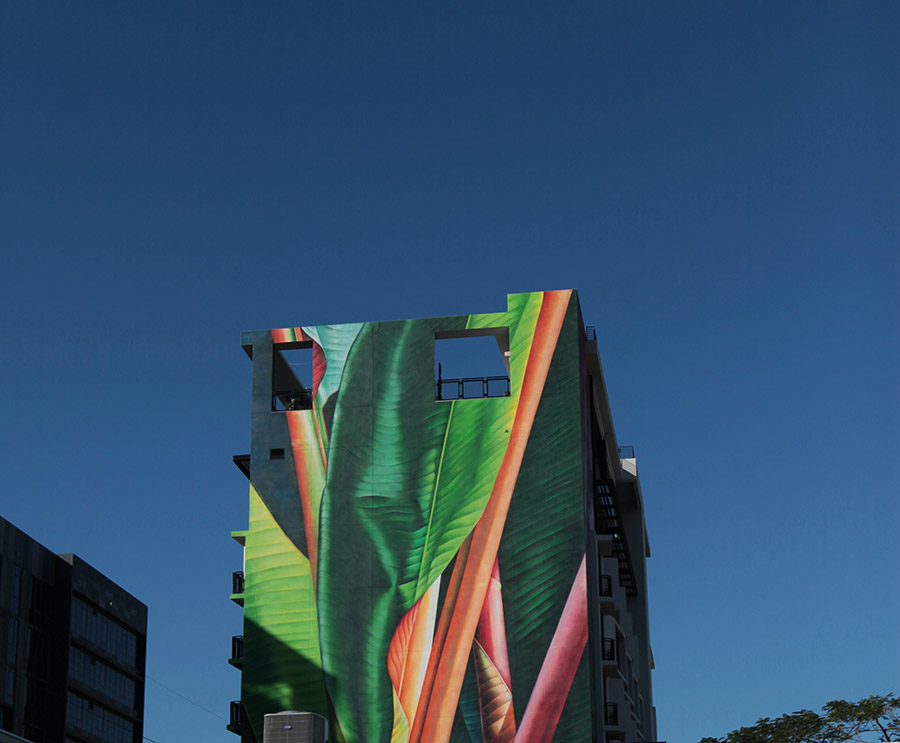
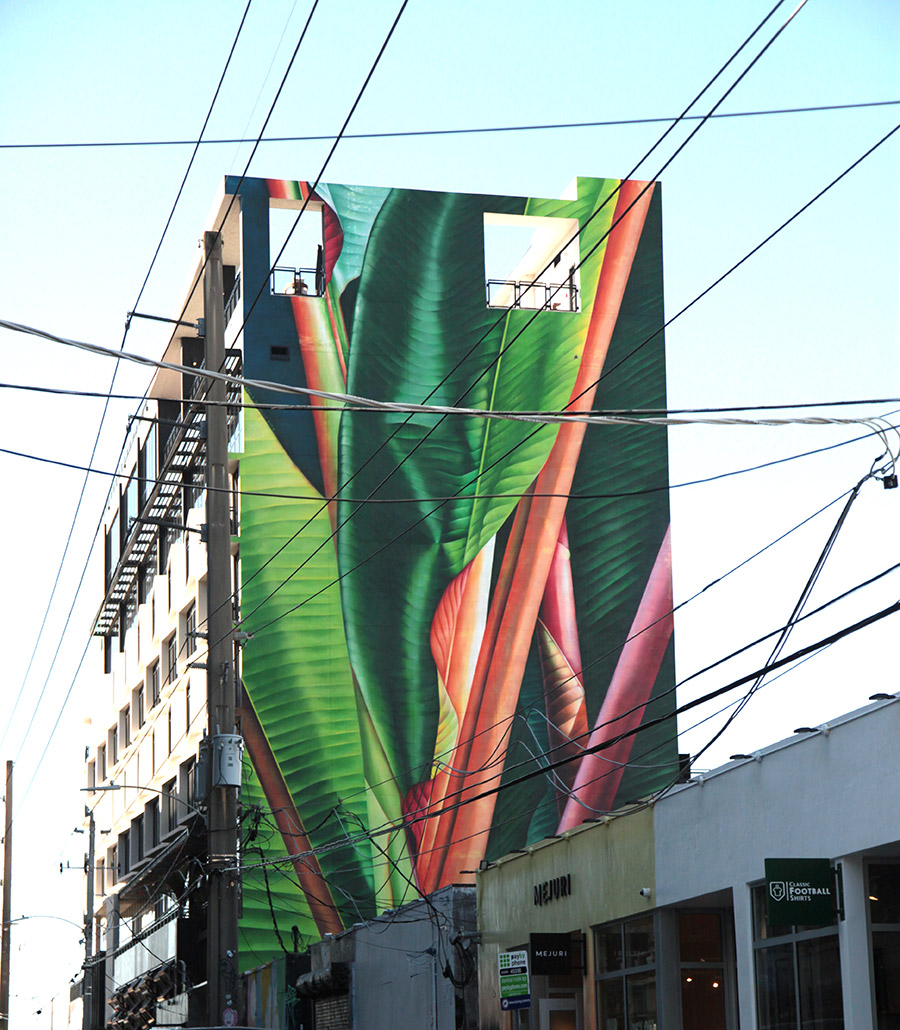
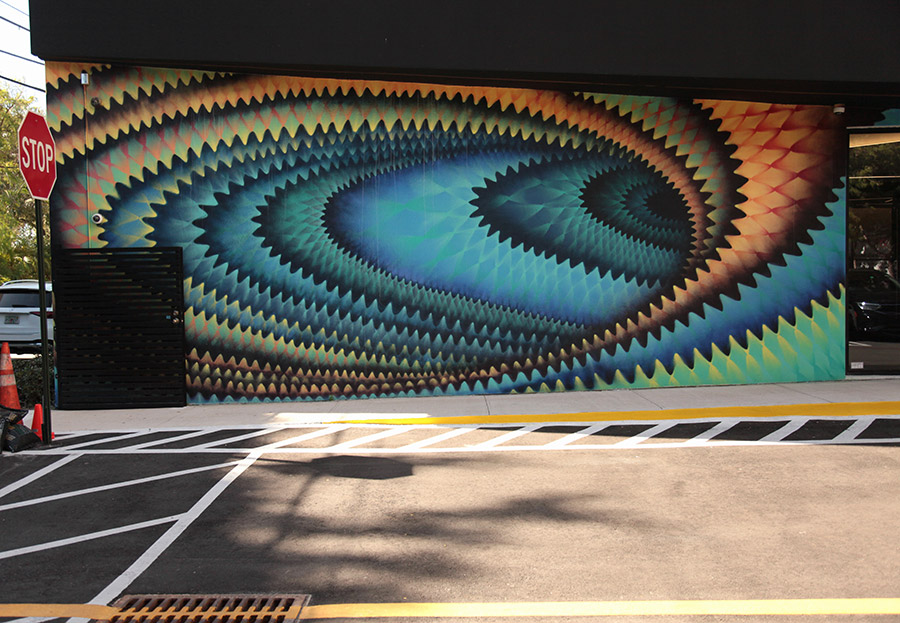
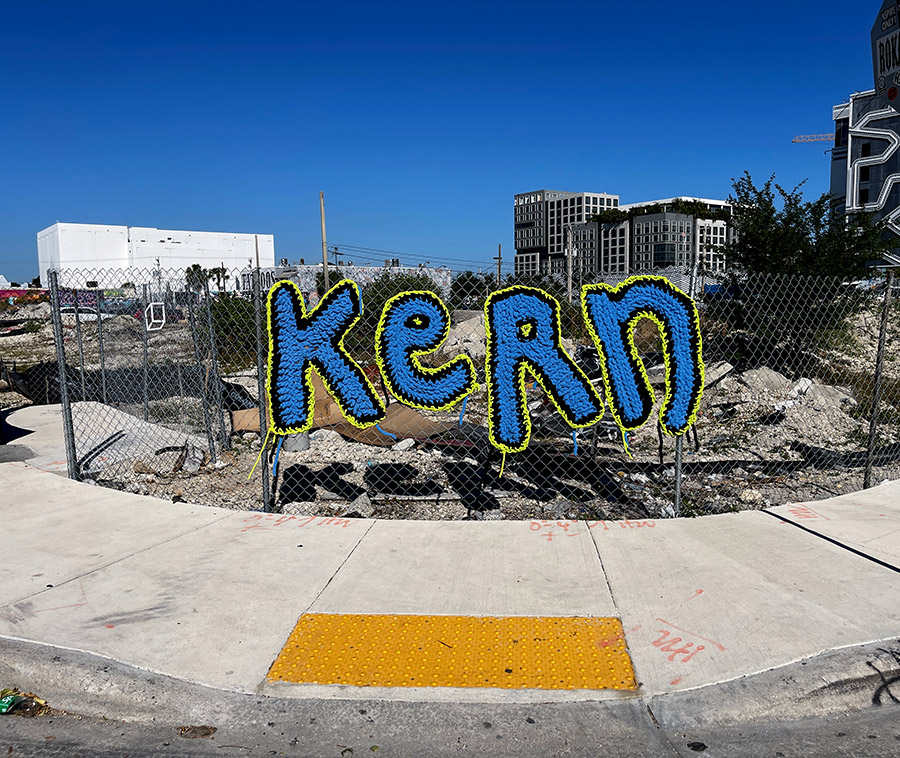
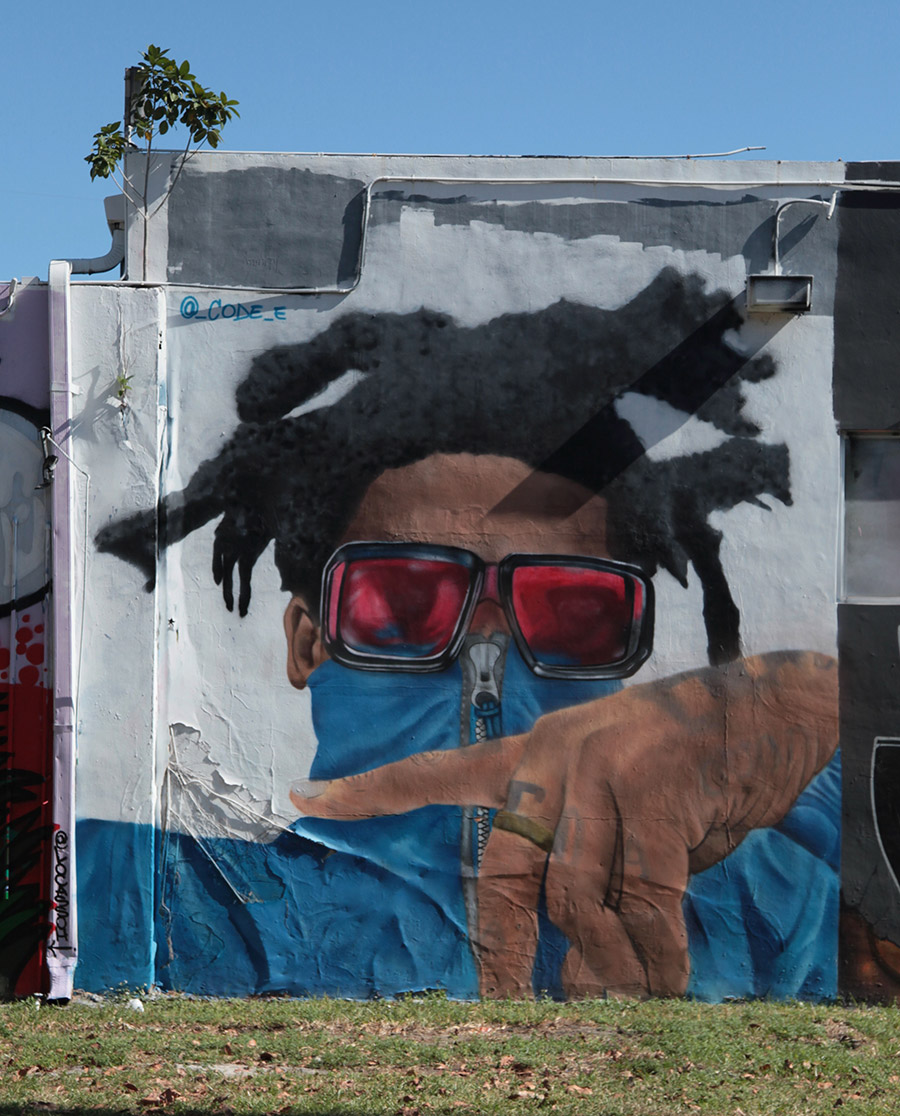
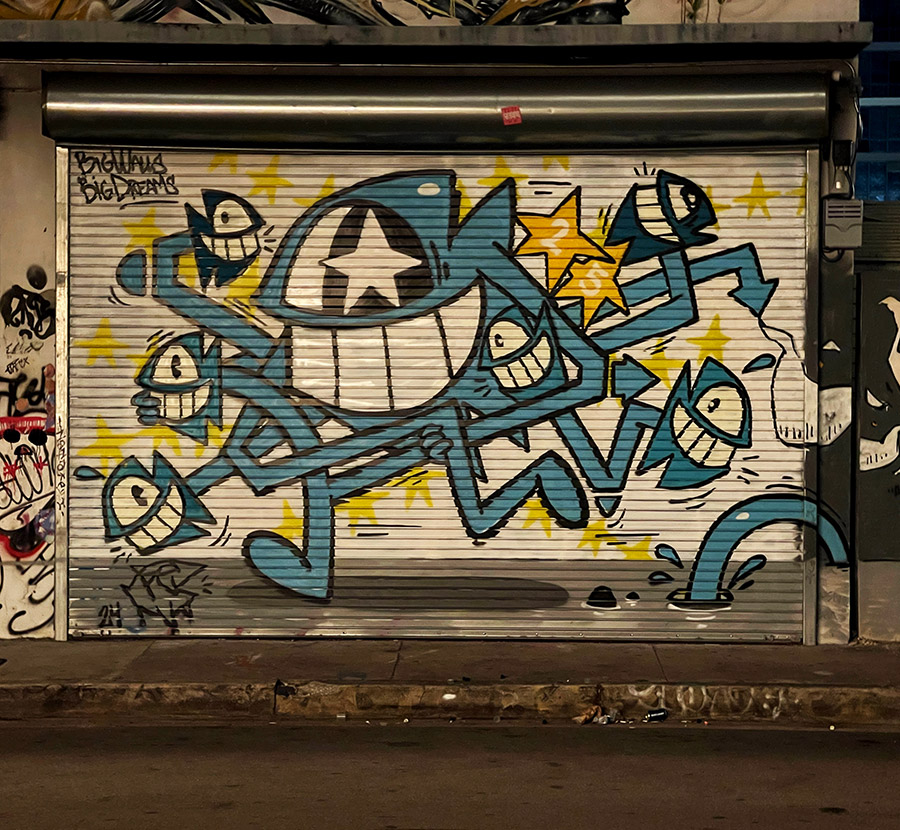
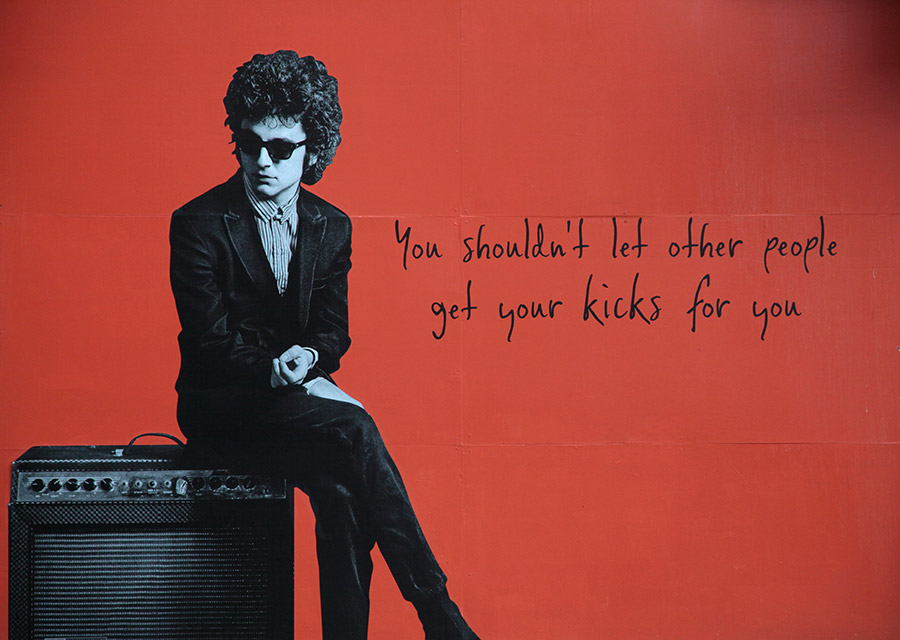
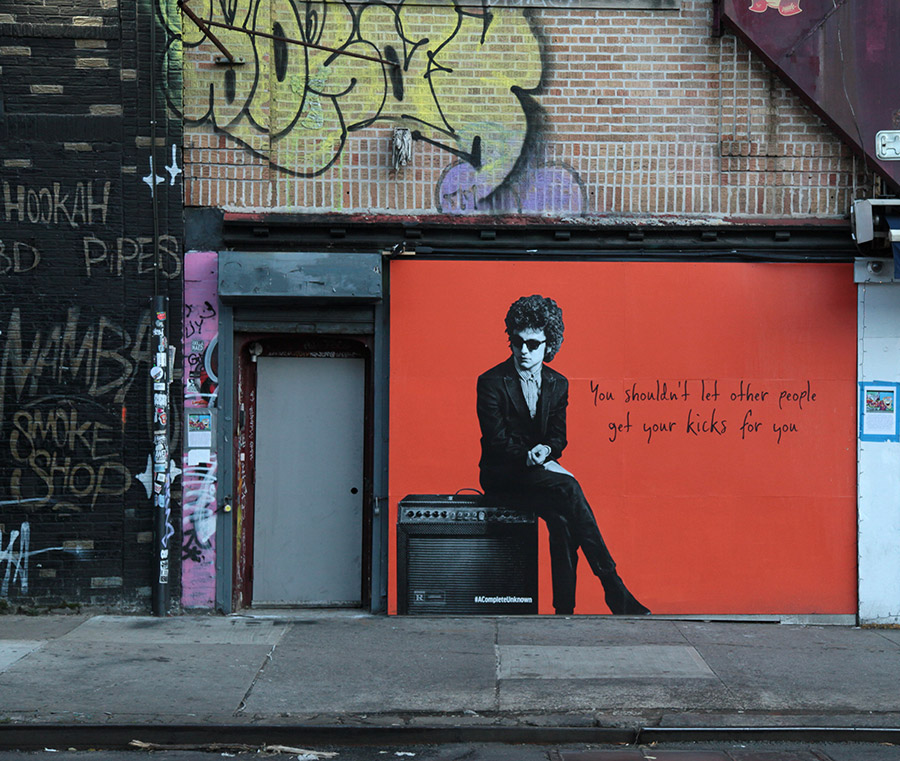
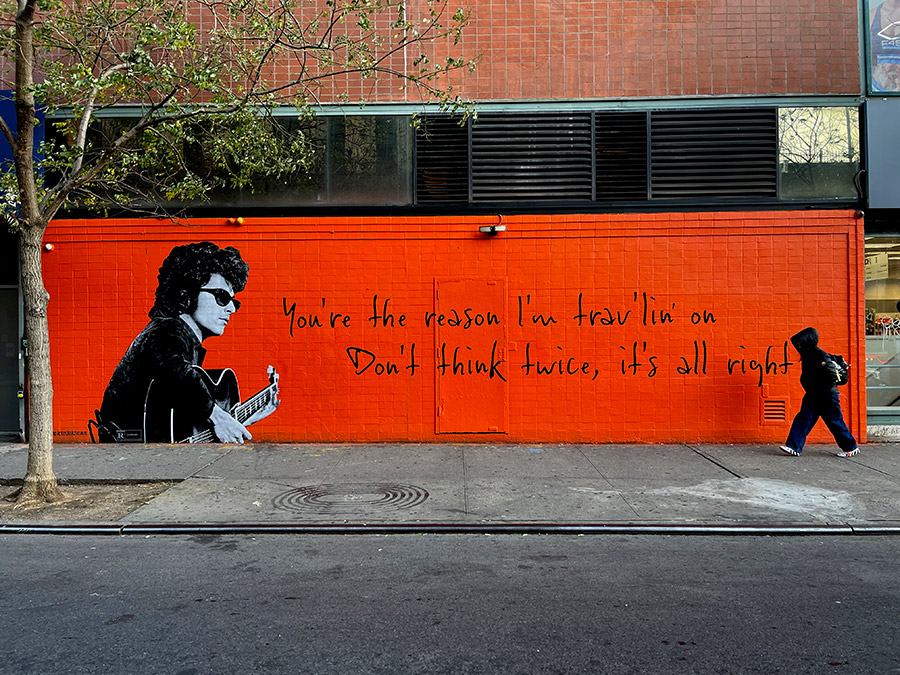
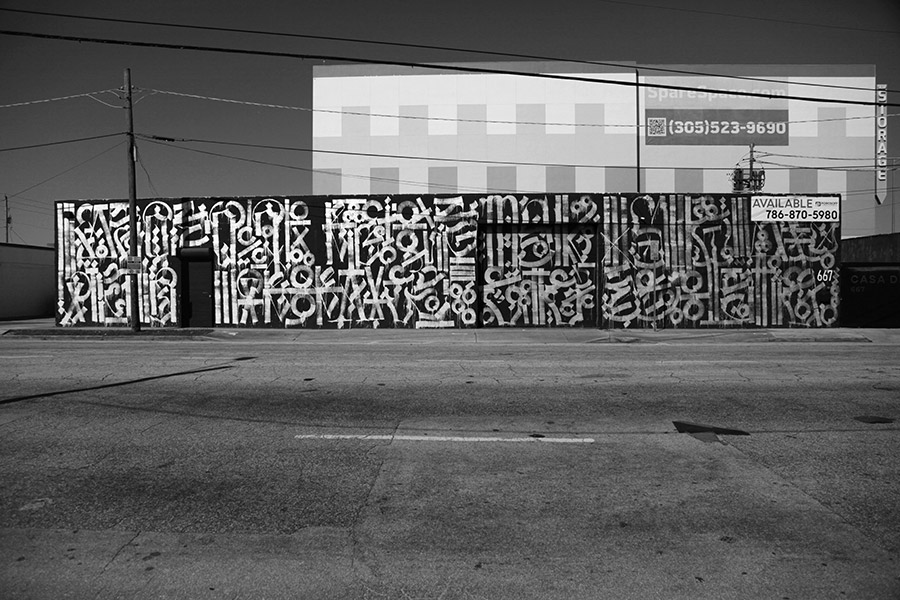

 BROOKLYN STREET ART LOVES YOU MORE EVERY DAY
BROOKLYN STREET ART LOVES YOU MORE EVERY DAY